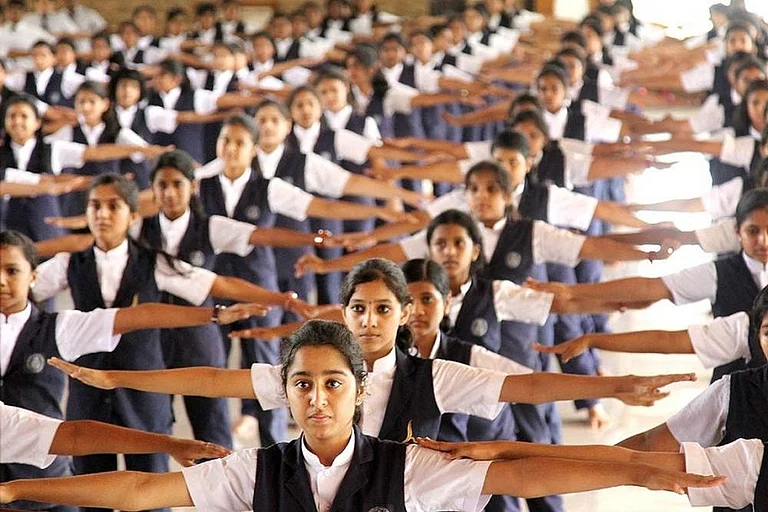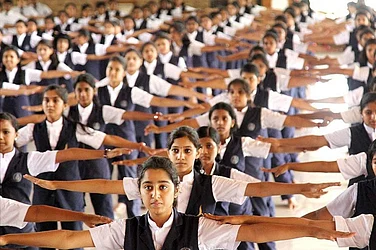While accounting for only 0.0005% of India’s population, the Parsi community in the country has spearheaded several industrial and economic reforms. On the eve of Parsi new year Navroz, President Droupadi Murmu on Tuesday said the Parsi community has significantly contributed to the country's development through their hardwork and spirit of entrepreneurship.
As per the Census data available with Ministry of Minority Affairs, the population of Parsi (Zoroastrian) community decreased from 69,601 in the Census 2001 to 57,264 in the Census 2011.The Parsis are a close-knit community, and some community members are credited with helping build modern India through charitable trusts and donations.
Here are some notable Parsis who have made significant contributions to India:
1. Ardeshir Godrej
Ardeshir Burjorji Sorabji Godrej was an Indian businessman. With his brother, Pirojsha Burjorji, he co-founded the Godrej Brothers Company, the precursor of the modern Godrej Group.
2. Ratan Tata
An Indian industrialist and philanthropist, Ratan Tata is the former chairman of Tata Sons, which was founded by Jamsteji Tata. The conglomerate had interests in everything - from tea to steel. He was credited with developing the Tata Nano, the world's cheapest auto, which increased passenger car sales for three years after 2009.
3. Cyrus Poonawala
Born in 1941, Cyrus S Poonawala founded the Serum Institute of India. The Institute is the world’s largest vaccine manufacturer headquartered in Pune that generates close to Rs 6,000 crore in revenue every year. According to the company, it is “supplying the world’s least expensive and WHO-accredited vaccines to as many as 170 countries.” In 2011, Adar Poonawala took over as the CEO of the Serum Institute.
4. Dadabhai Naoroji
Known as the "Grand Old Man of India" and "Unofficial Ambassador of India", Naoroji is regarded as one of the most important Indians during the birth of the nascent independence movement. He was one of the founding members of Indian National Congress.
5. Nusli Wadia
Nusli Wadia founded the multi-national conglomerate way back in 1736, making the Wadia Group one of the oldest conglomerates in India, tracing its history to almost 200 years before independence. The Group owns Go First airlines, Britannia and Bombay Dyeing.
6. Homai Vyarawalla
Born to a Parsi family in Gujarat, Homai Vyarawalla is India's first woman photojournalist and is credited with documenting the country's transition from a British colony to a newly independent nation. Her photographs of Jawaharlal Nehru, Mahatma Gandhi, Lord Mountabtten and other political leaders were published in national news outlets such as the Statesman and the Times of India.
7. Homi Jehangir Bhabha
An Indian nuclear physicist, Homi Jehangir Bhabha is widely known as the "father of the Indian nuclear programme". In 1945, he founded the Tata Institute of Fundamental Research, where initial research for India’s nuclear program began. He was the head of India's nuclear program until his death.
8. Byramjee Jeejeebhoy Esq.
A philanthropist, Byramjee established several educational institutions in Mumbai including Byramjee Jeejeebhoy College on Charni Road, South Mumbai, and Byramjee Jeejeebhoy Medical College in Pune.
9. B.P. Wadia
Also known as Bomanji Pestonji Wadia, he was an Indian labor activist and theosophist. He co-founded the Madras Labour Union with V. Kalyanasundaram Mudaliar on April 13, 1918, making it one of India’s first organized labor unions.
10. Feroze Gandhi
An Indian journalist, politician, and freedom fighter, Feroze Gandhi was a member of the provincial legislature and the Lok Sabha between 1950 and 1952. Hepublished The National Herald and The Navjivan newspapers.


























